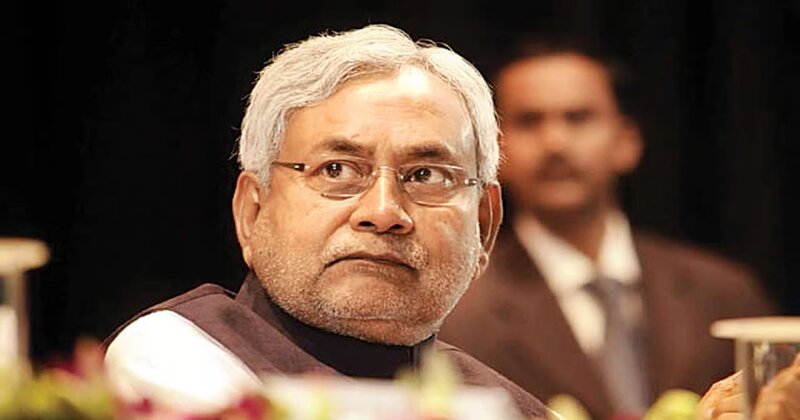
The Centre reaffirmed on Monday that Bihar will not be granted special category status, despite the JD(U), led by Nitish Kumar and a key ally of the Modi-led NDA, passing a resolution demanding this status or a special package for the state. Minister of State for Finance Pankaj Chaudhary, in a written response, stated that Bihar’s request does not meet the criteria set by the Inter-Ministerial Group (IMG). Chaudhary detailed that special category status was historically granted by the National Development Council (NDC) to states with unique challenges such as hilly terrain, low population density, strategic borders, economic backwardness, and non-viable finances. However, the IMG’s report from March 2012 concluded that Bihar does not qualify under these criteria.
The issue of special category status was first addressed in 1969 during an NDC meeting, where the D.R. Gadgil Committee introduced a formula for allocating central assistance to state plans. This formula prioritized special category states like Assam, Jammu & Kashmir, and Nagaland. The concept of special category status, which offered preferential treatment, including central assistance and tax breaks, was established by the 5th Finance Commission in 1969. This status continued to benefit states until the dissolution of the Planning Commission in 2014, which led to the formation of the NITI Aayog and a shift in funding methodology based on the 14th Finance Commission’s recommendations.
Since 2015, the 14th Finance Commission eliminated the distinction between general and special category states in the distribution of shareable taxes, increasing the states’ share from 32% to 42%. The 15th Finance Commission maintained a 41% share, adjusting for the creation of the Union Territory of Jammu & Kashmir. Currently, no new states are being granted special category status as the Indian Constitution does not provide for such a categorization, and the focus has shifted to addressing states’ resource gaps through tax devolution and revenue deficit grants.

Post Your Comments